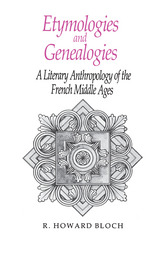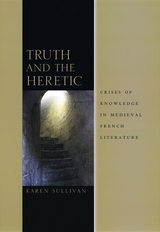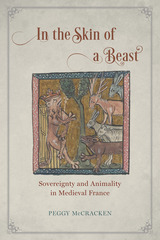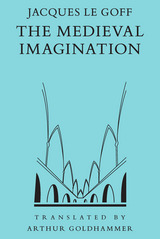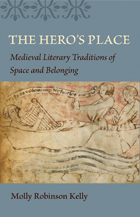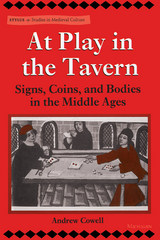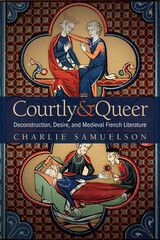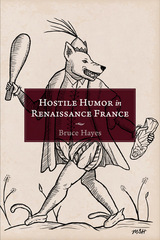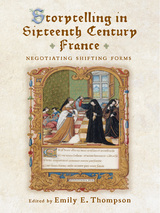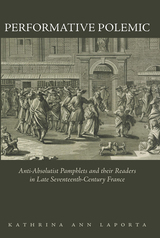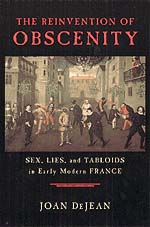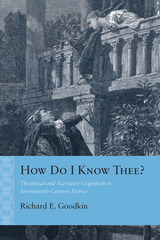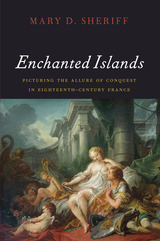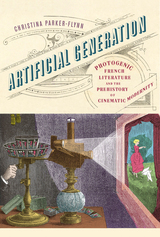Cloth: 978-1-64453-177-8 | Paper: 978-1-64453-178-5 | eISBN: 978-1-64453-179-2 (all)
Library of Congress Classification PQ239.H39 2020
Dewey Decimal Classification 840.9003
This book is also freely available online as an open access digital edition here: https://bibliopen.org/9781644531792. The open access edition is funded by the National Endowment for the Humanities.
In sixteenth-century France, the level of jokes, irony, and ridicule found in pamphlets and plays became aggressively hostile. In Hostile Humor in Renaissance France, Bruce Hayes investigates this period leading up to the French Wars of Religion, when a deliberately harmful and destructive form of satire appeared.
This study examines both pamphlets and plays to show how this new form of humor emerged that attacked religious practices and people in ways that forever changed the nature of satire and religious debate in France. Hayes explores this phenomenon in the context of the Catholic and Protestant conflict to reveal new insights about the society that both exploited and vilified this kind of satire.
See other books on: 16th century | French literature | Hayes, Bruce | Renaissance France | Wit and humor
See other titles from University of Delaware Press


